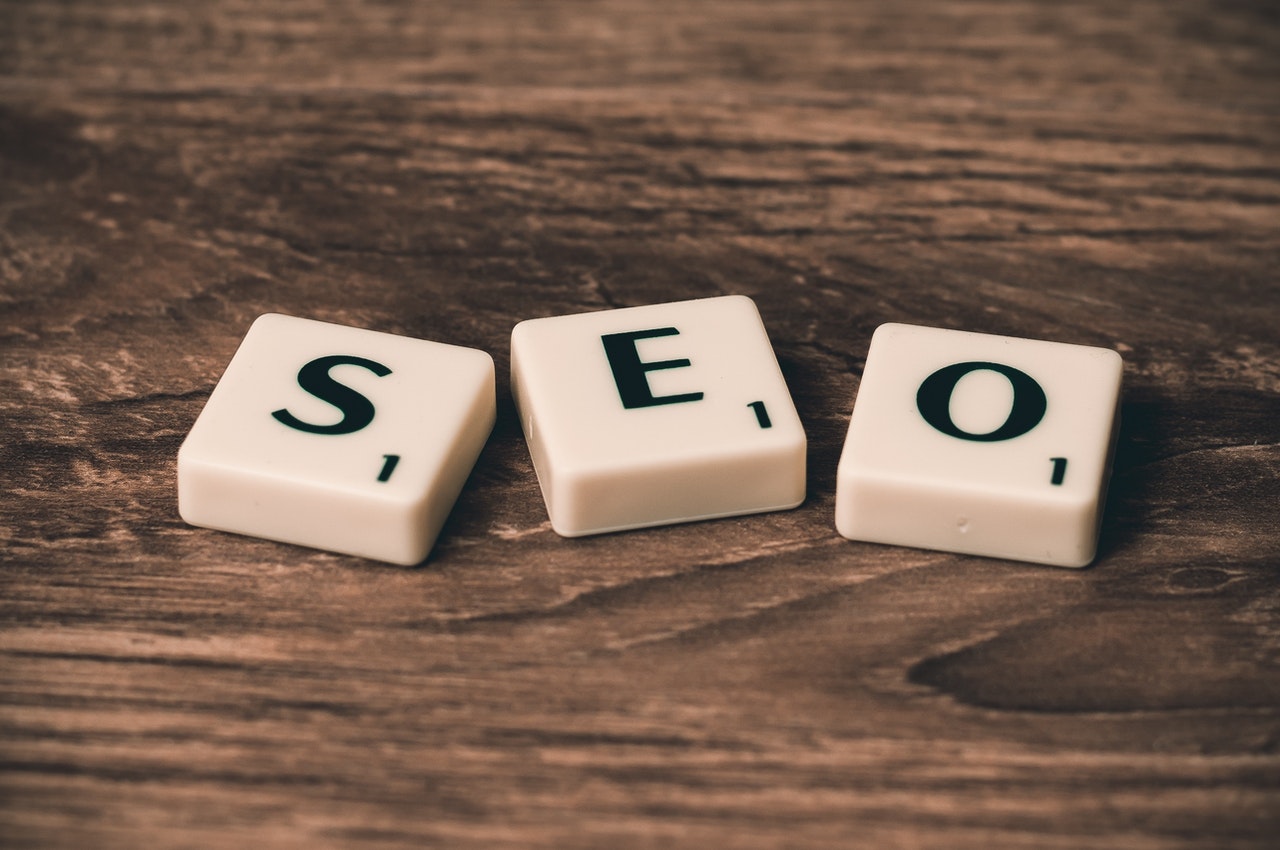One of the most important facets of marketing is search engine optimization, most generally referred to as SEO. As such, if you’re focusing on promoting your blog or company, you need to learn what SEO entails, and what SEO success rules and ways are. Although a good SEO approach is not an objective science and its methodology has been questioned over the years on many fronts, it is nevertheless important to learn the fundamentals for an efficient digital marketing campaign.
What is SEO (Search Engine Optimization)?
The SEO refers to the method of making a website more accessible on the results page of a search engine. To demystify, a perfect SEO approach would place the website of an organization at the top of the list on a search page for Google, maximizing the probability of users visiting the site. Search engines aim to provide a person performing a search with the most relevant results, meaning that when an individual performs a cyberspace quest for “make-ups,” the first thing to occur is not a make-up store, but a parlor specializing in making-ups and identifying the make-up products. In other words, SEO allows a user-related search and can be crucial in pushing the site’s traffic.
Search engines operate by looking for a text that satisfies those standards on the Internet. This text is known as keywords and refers to the website, business, or product’s most significant theme(s). Scouring the internet universe to find keywords is why a search for “makeups” returns from several websites for parlor, not makeup shop, as in the case above. Certain important things a search engine uses to rank a website include names, headings, and links that make up the content of the pages of a website. Search engines often use indexing by search engines to find, ingest, and archive a website’s content. An index of the search engine corresponds to the data collection used to construct a final search.
SEO will definitely boost the searchability and accessibility level of a website, but what else practical benefit does it offer?
How & Why SEO is so important?
• Organic search is an essential part of the success of most company websites, as well as a vital aspect of customer funnel and eventually bringing consumers to complete a conversion or pledge. Google holds as advertisers know, a considerably greater share of the search market than rivals like Yahoo, Bing, Baidu, Yandex, DuckDuckGo, and several others.
• The goal of any experienced SEO is to establish a vigorous substratum for a resplendent website with an unsullied, efficacious utilizer experience that is facilely discoverable in search with thanks to the trust and credibility of the brand and its digital properties.
• Everybody needs higher rankings in organics and optimum exposure. Few know that getting there is a significant part of having the best user experience. Google has learned how to perceive a good or negative user interface and a successful user experience has been a core factor in the growth of a website. Quality SEO puts in a favorable customer interface, using it to work for the benefit of a company.
• With the growth and growing dominance of mobile traffic, local search has become an important part of the success of small and medium-sized enterprises. Local SEO helps to tailor your digital resources for a certain area, allowing users to rapidly and conveniently locate you, taking them a step closer to a sale.
• Customers are always in a mode of researching facts. This is one of the internet’s greatest strengths from a buyer’s viewpoint. A game-changer would be the use of SEO techniques to relay the marketing for excellent offers, innovative goods and/or services, and the quality and value of what you give consumers.
Organic SEO Vs Paid (SEM, SMM)
SEO
The strategy of SEO is to boost the search engine rankings of a website, giving it more exposure and thus, more traffic. The strategy includes designing the website, incorporating keywords in the Text, Meta descriptions, material and Meta definition, regularly modifying a website, and increasing the speed with which it loads on a desktop and mobile computer.
This means that if your website is configured according to the SEO methods, the odds for search queries relating to your work that your website will appear in the first and second place in SERP are very high!
SEM
Closely linked to the SEO, SEM can be described simply as using paid search engine traffic to gain visibility. Paying returns seem to show in the ‘free’ search results on the upper right side. Facebook, AdWords, Yahoo, Microsoft Web Ads, and AdCenter are the main sites for using SEM!
SMM
It means a platform is marketed via social media networks. It offers you the chance to tap into a massive social media network that is available on a variety of platforms. This also appears to provide ‘Paying Media Check’ or paying ads on media platforms. While paying social search is similar to SEM, the quest equation adds behavioral propensity. Nevertheless, the rest of the campaign is the same as SEM, where an advertiser charges only when a customer clicks on the ads.
Conclusion
Where is your money going, then? The solution is easy-BOTH! Once you get down to it, there is no SEO vs SEM whatsoever. They are all two sides of the same coin, one of them needs time and energy, and the other is capital. Rather than Black Hat SEO (we don’t do illegal kinds of stuff here), if you want to get better rankings in SERP, more exposure and more traffic, all of the above strategies are required. The determining aspect of whether how the campaign works, though, or is not focused on using any of these strategies, but about how successfully you use them. That requires an iron-clad business campaign for you.

